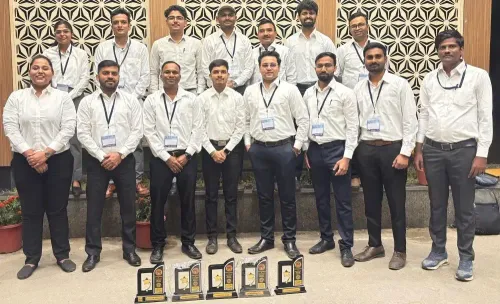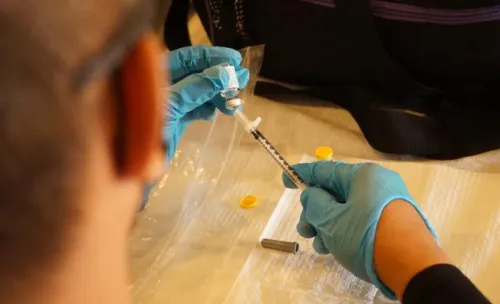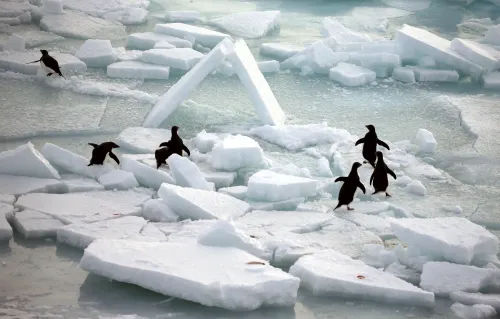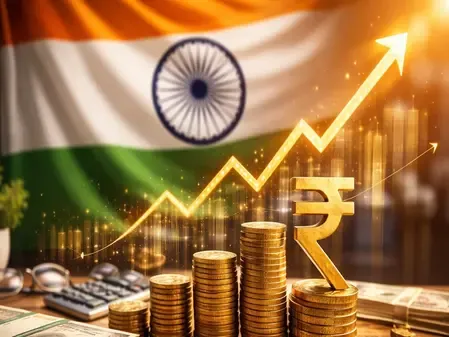How is India Addressing the Rare Earths Crisis?
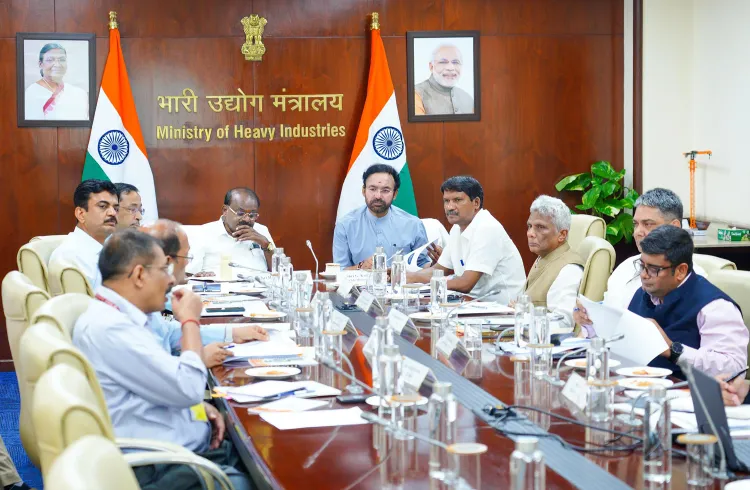
Synopsis
Key Takeaways
- India is taking proactive steps to mitigate disruptions caused by China's export restrictions on rare earth elements.
- The National Critical Mineral Mission (NCMM) aims for self-reliance in securing critical minerals.
- India is enhancing its exploration activities through the Geological Survey of India (GSI).
- International partnerships are being forged to diversify supply sources.
- Government support for domestic production of rare earth magnets is in the pipeline.
New Delhi, June 28 (NationPress) In light of the recent export limitations enacted by China on essential rare earth materials that are causing disruptions in global supply chains, India is proactively implementing a variety of strategies at the domestic level to alleviate potential interruptions, as noted by the Finance Ministry.
One significant concern has arisen amid the tariff and trade developments with China’s restrictions on the export of rare earth elements (REEs). Minerals such as lithium, cobalt, nickel, and rare earth elements are crucial for technologies like solar panels, wind turbines, electric vehicles, and energy storage systems.
“These restrictions are likely to hinder the growth of industries, including electric vehicles, defense, and renewable energy,” stated the Finance Ministry’s ‘Monthly Economic Review for May 2025’.
In response, a list of 30 critical minerals has been compiled, with 24 now under the exclusive auction authority of the Central Government due to amendments made to the Mines and Minerals (Development and Regulation) Act, 1957, in August 2023. Additionally, the Government of India launched the National Critical Mineral Mission (NCMM) in January 2025, a seven-year initiative (2024-25 to 2030-31) designed to create a self-reliant and resilient framework for securing critical minerals necessary for India’s clean energy transition and strategic sectors,” as highlighted in the Economic Review document.
The NCMM aims for 1,200 domestic exploration projects and encourages overseas acquisitions by both public sector undertakings (PSUs) and private companies. It also seeks to enhance the entire value chain through patents, skill development, mineral processing parks, and recycling of secondary sources.
Furthermore, India is broadening its offshore exploration efforts and forming international partnerships, notably with Argentina and Australia, to diversify its supply sources.
India has joined the US-led Minerals Security Partnership (MSP), which seeks to fortify critical mineral supply chains through public and private sector investments. Remarkably, India stands as the sole developing country member among the 14 MSP members.
“Moreover, India is investing abroad to explore and procure critical mineral assets in resource-rich nations. A joint venture named Khanij Bidesh India Ltd. (KABIL) has been established to secure these essential mineral assets abroad,” stated the Economic Review.
Under the NCMM initiative, the Geological Survey of India (GSI) has ramped up its exploration activities. During the 2024-25 field season, the GSI undertook 195 projects aimed at identifying and assessing critical mineral deposits.
In April 2025, guidelines for establishing Centres of Excellence (CoE) under the NCMM were released. These CoEs will identify, develop, and implement extraction processes and beneficiation technologies for various critical minerals and conduct targeted R&D to achieve Technology Readiness Levels.
Additionally, the Minerals (Evidence of Mineral Contents) Amendment Rules, 2025, were announced by the Ministry of Mines on June 12, 2025, to amend exploration norms for establishing “evidence of mineral contents” concerning REEs in a mineral block.
This adjustment is critical for determining when a mineral block is prepared for auctioning for mining or composite licenses regarding rare earth elements.
Earlier this week, Union Minister for Heavy Industries and Steel, H.D. Kumaraswamy, indicated that the government is expected to make a decision within the next 15 to 20 days regarding a subsidy scheme to bolster domestic production of rare earth magnets. This initiative aims to lessen India’s reliance on China for essential components utilized in electric vehicles and other high-tech sectors.


